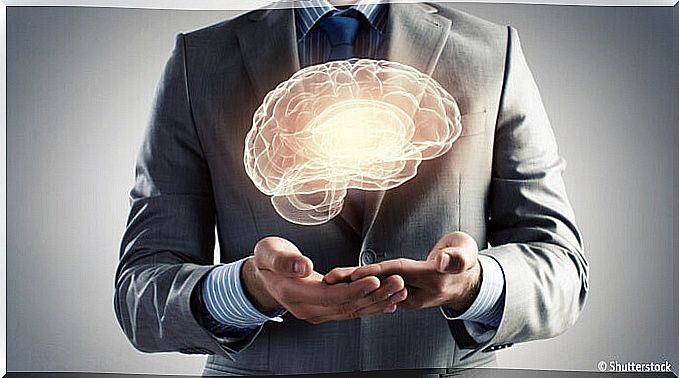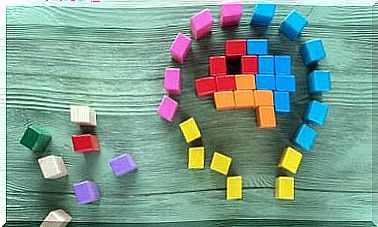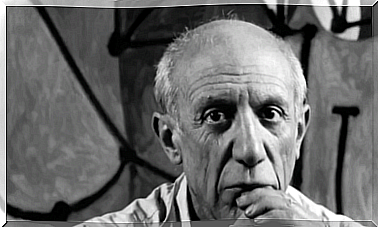Brain Tsunami: What Happens In Our Brain Before We Die?
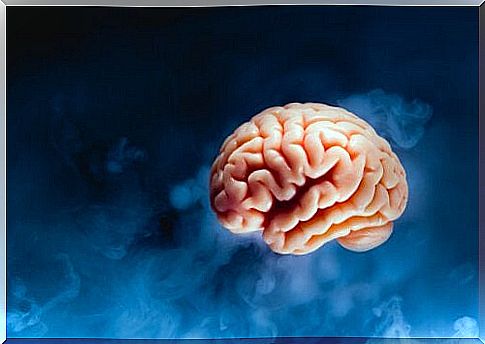
A team of neurologists from the Charité-Universitätsledizin Hospital in Berlin, Germany and the University of Cincinnati in the United States have achieved one of the greatest advances in neurology. The brain, before dying, generates a wave of electrical activity, a phenomenon they have dubbed the “cerebral tsunami”. Once the storm has passed, death is irreversible.
In fact, this pioneering study, whose title is “Depolarization of terminal diffusion and electrical silence in the death of the human cerebral cortex”, published in the journal Annals of Neurology, supposes a double discovery.
On the one hand, we understand that consciousness can continue to be active a few minutes after the body has ceased to be so. On the other hand, we understand that this delay increases the probability that during these few minutes of active consciousness – inactive body, the process of brain death can be reversed.
The patient sample
The team of German and North American neurologists used a sample of 9 patients from Germany (Berlin) and the United States (Cincinnati and Ohio). All of them presented with irreversible brain damage because they had experienced road accidents, strokes or cardiac arrests.
For this, the doctors and researchers were ordered not to resuscitate them. For this, they first seek the agreement of relatives of these patients not to resuscitate them if necessary to do so.
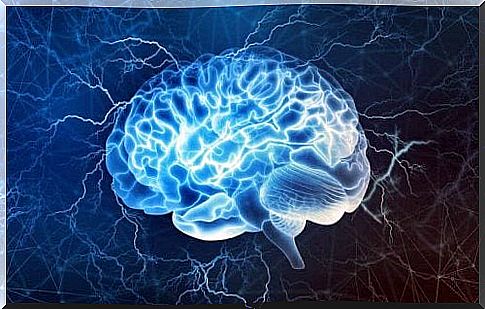
How did they study the brain tsunami
To study the electrical activity of this organ, they put electrodes on the brain surface. The main objective was to discover the mechanisms involved in brain death. Another goal was to know the neural events that were taking place at that precise moment.
And they did! They observed the so-called “cerebral tsunami” live : a wave of electric shocks that crosses the entire cerebral cortex and causes irreparable damage. This moment is the principle of the end of brain cells. This is the moment during which they die off, thus marking their irreversible death.
Consciousness without a heartbeat
This cerebral tsunami takes place 5 minutes after the heart stops beating. Without heartbeats, neurons can actually continue to function. Thus, after circulatory arrest, a gradual loss of electrochemical potential occurs in neurons. This is a phenomenon known as neuronal depolarization.
Why ? Because neurons need oxygen to function properly. When they stop receiving this gas, the result of decreasing cerebral circulation, they feed on energy reserves. Thus, they are kept alive for a few minutes, before extinguishing completely.
The gradual decrease in potential triggers a series of toxic processes that eventually lead to necrosis and then cell death. However, as the lead author of this study, Dr. Jens Dreir, argues; when blood circulation is restored, this process can be reversed.
So, the experts came to the following conclusion: There is a similarity between brain death in animals and in humans. In addition, they claim that there is a period during which restoration of brain function is hypothetically possible.
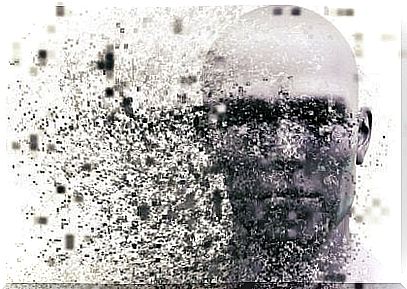
The relevance of this discovery
The brain is still today one of the human organs for which knowledge is the least. For this and in addition to the great advances that have been made in recent decades such as neuroimaging techniques, this discovery may “lead to the future improvement of diagnostic and treatment methods” according to the research leader.
Brain death is “the irreversible shutdown of all brain functions”, according to the health system at the University of Miami in the United States. However at present, scientists do not know for sure the diagnostic method of it. In addition, we do not know exactly when we lose the capacity for consciousness.
In fact, this research assumes a lead in developing strategies against cardiac arrest as well as stroke. The results of this pioneering research provide incredible data on the neurology of death and are very encouraging. Can a person who has suffered a cardiac arrest be saved from brain death?
